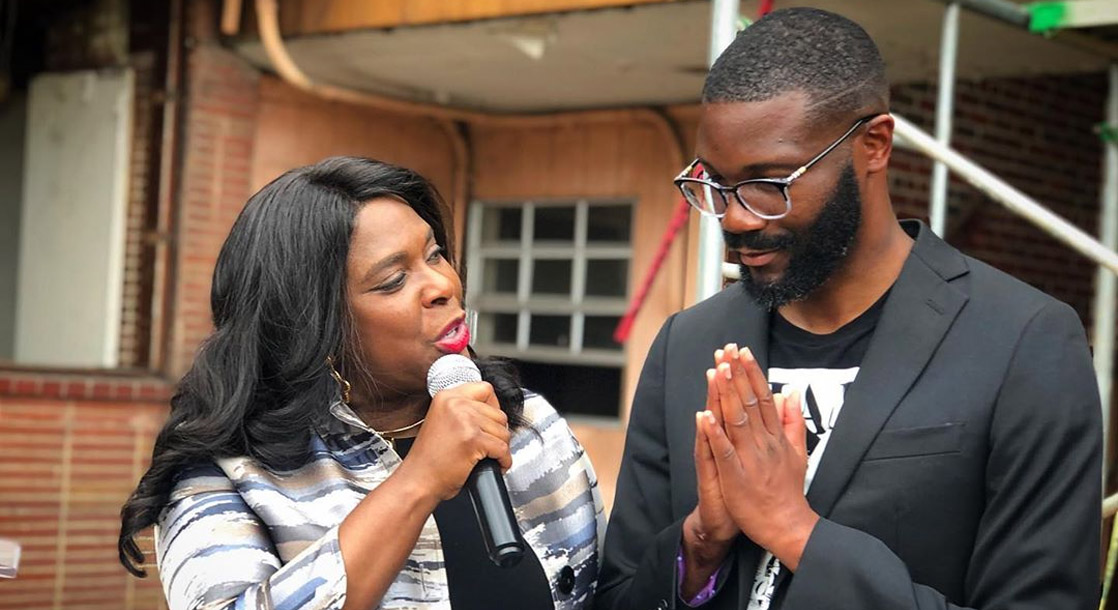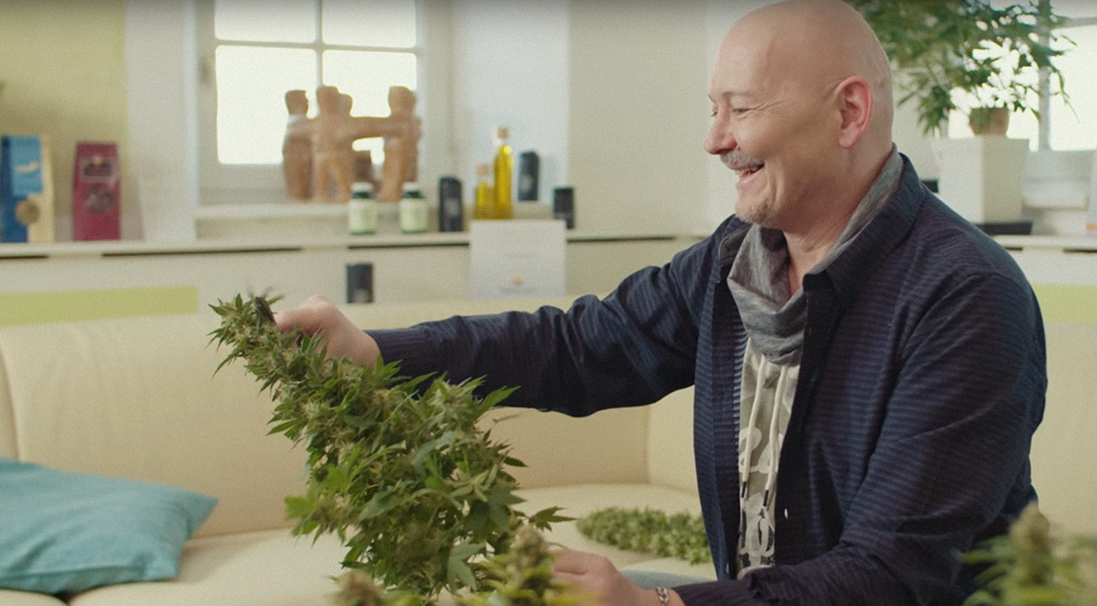At an important Congressional hearing on Tuesday, an Alabama mayor shared that he has overseen the administration of 23,000 pardons for cannabis-related crimes. Birmingham Mayor Randall Woodfin asked that Congress take similar action to repair the damages wrought on communities of color by the War on Drugs.
Woodfin’s testimony was heard by the House Oversight Subcommittee on Civil Rights and Civil Liberties, which is examining the feasibility of cannabis legalization and looking at how the regulation process has gone down in states around the country.
“Prohibition of cannabis has taken far too high a toll on Black and Brown community,” said Woodfin. Medicinal marijuana was legalized in Alabama just last year, and the state has yet to regulate adult-use cannabis.
“Mayors can do a lot, but we can only do so much,” Woodfin testified. “The state-by-state patchwork leaves too many Americans out of reach from the promise presented by ending the federal prohibition on cannabis.”
Woodfin is a major cannabis justice advocate in the south, and has been Birmingham’s mayor since 2017.
In 2019, he established the Pardons for Progress program, which was meant to assist individuals with cannabis-related criminal convictions with getting their records cleared. When that process proved ineffective, he began issuing blanket pardons, including one that applied to people who had been charged with misdemeanor marijuana possession in Birmingham between 1990 and 2020. That blanket pardon alone wiped 15,000 such charges off of records.
Prior to the hearing in which Woodfin spoke, members of Congress sent out a bipartisan memo that ran down what they see as the top three priorities of cannabis legalization: decriminalizing cannabis federally, criminal justice reform, and federal regulation of the drug that is similar to that of alcohol.
The hearing took a poignant turn when Representative Nancy Mace told of using cannabis to deal with the trauma of having been raped. Studies have suggested that small doses of THC can be effective in treating PTSD symptoms.
“If I can make it, anybody can, and this plant literally saved my life,” testified Mace.
Though the majority of those who spoke at the hearing were in favor of widening access to cannabis, not everyone who took the stand was pro-pot. Republican Representative Pete Sessions went so far as to compare the legal marijuana industry to slavery.
“Slavery made money also and was a terrible circumstance that this country and the world went through for many, many years,” Sessions said, to nearly immediate censure by Mace, Woodfin, and other hearing attendees.
The hearing took place a week after mid-term elections that saw five states vote on, and two states — Missouri and Maryland— approve, recreational cannabis legalization. Elsewhere in the country, local jurisdictions took the lead on marijuana justice, including five towns in Texas where voters overwhelmingly approved cannabis decriminalization.
Follow Caitlin on Instagram, and catch her Spanish-language podcast Crónica on Spotify and Mixcloud.
Cover image via











